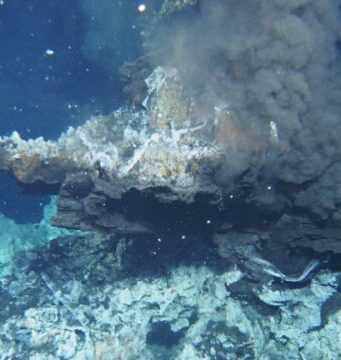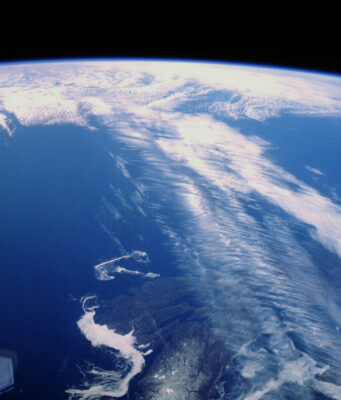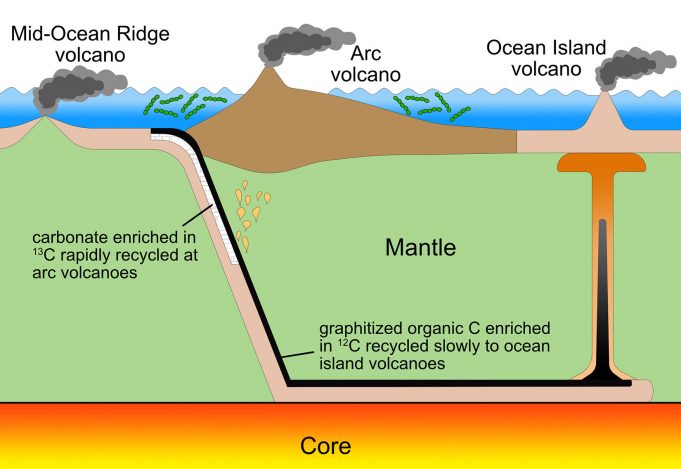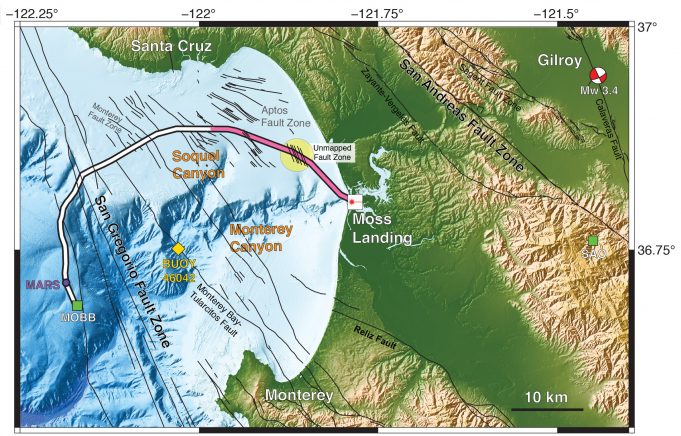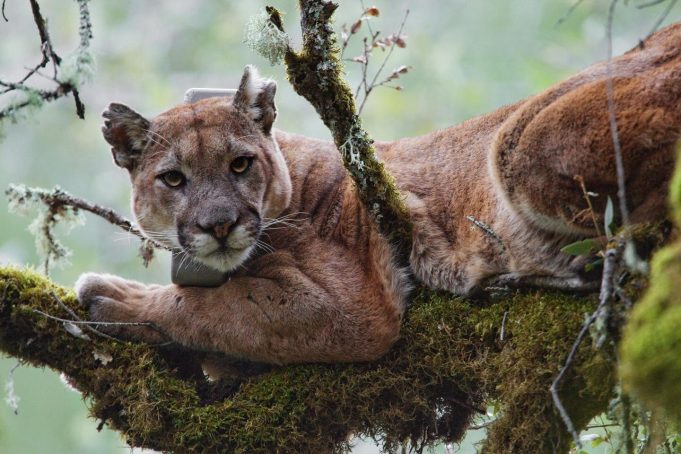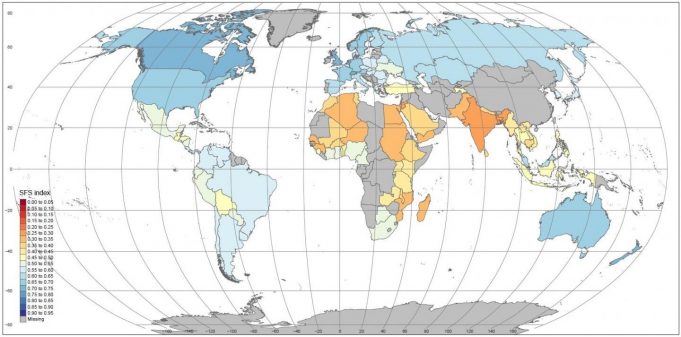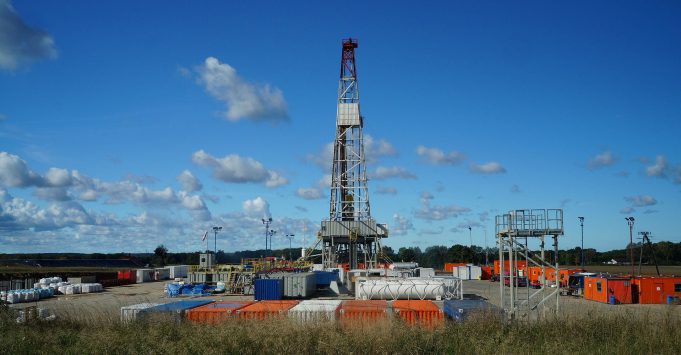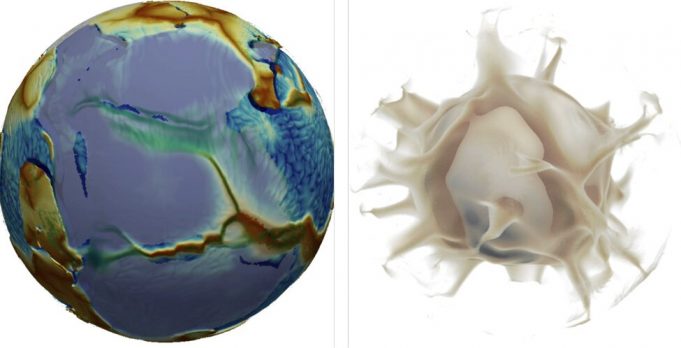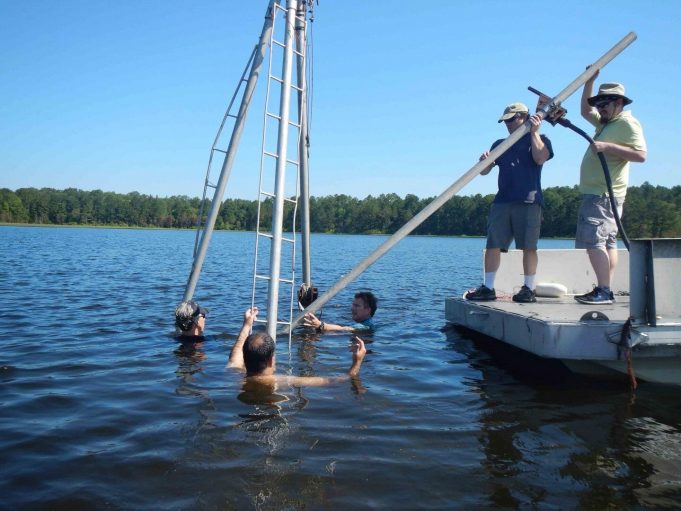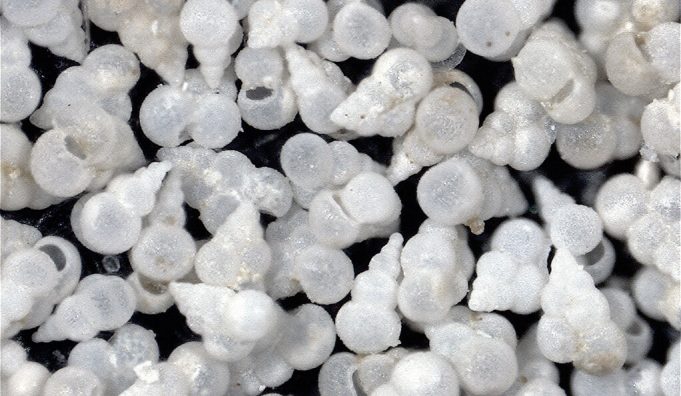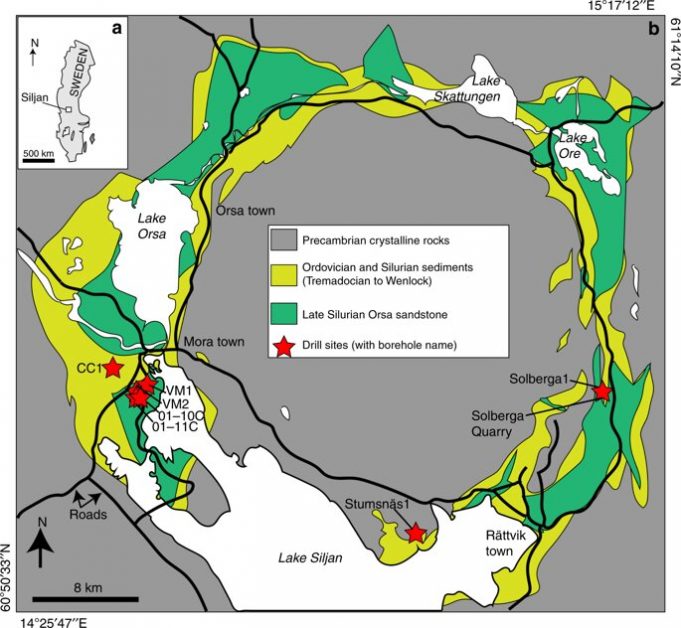Earth's breathable atmosphere is key for life, and a new study suggests that the first burst of oxygen was added by a spate of volcanic eruptions brought about by tectonics.
The study by geoscientists at Rice University offers a new...
Researchers have produced the first physics-based quantifiable evidence that thinning ice shelves in Antarctica are causing more ice to flow from the land into the ocean.
Their findings have been published in Geophysical Research Letters.
Satellite measurements taken between 1994 and 2017...
The deadly volcanic eruption of Anak Krakatoa in 2018 unleashed a wave at least 100m high that could have caused widespread devastation had it been travelling in another direction, new research shows.
Over 400 people lost their lives in December...
Fiber-optic cables that constitute a global undersea telecommunications network could one day help scientists study offshore earthquakes and the geologic structures hidden deep beneath the ocean surface.
In a paper appearing this week in the journal Science, researchers from the University...
Marine fog brings more than cooler temperatures to coastal areas. Researchers at UC Santa Cruz have discovered elevated levels of mercury in mountain lions, the latest indication that the neurotoxin is being carried in fog, deposited on the land,...
Human diets exacerbate climate change while failing to properly nourish more than 800 million people, making intensified study of food systems a global priority. Global sustainability initiatives now call for the transformation of diets for human health and the...
The horizontal drilling method called hydraulic fracturing helps the United States produce close to 4 billion barrels of oil and natural gas per year, rocketing the U.S. to the top of oil-producing nations in the world.
The highly profitable practice...
Do tectonic plates move because of motion in the Earth's mantle, or is the mantle driven by the movement of the plates? Or could it be that this question is ill-posed? This is the point of view adopted by...
A controversial theory that suggests an extraterrestrial body crashing to Earth almost 13,000 years ago caused the extinction of many large animals and a probable population decline in early humans is gaining traction from research sites around the world.
The...
A new study led by Yale University confirms a long-held theory about the last great mass extinction event in history and how it affected Earth's oceans. The findings may also answer questions about how marine life eventually recovered.
The researchers...
Fractured rocks of impact craters have been suggested to host deep microbial communities on Earth, and potentially other terrestrial planets, yet direct evidence remains elusive. In a new study published in Nature Communications, a team of researchers shows that the...


